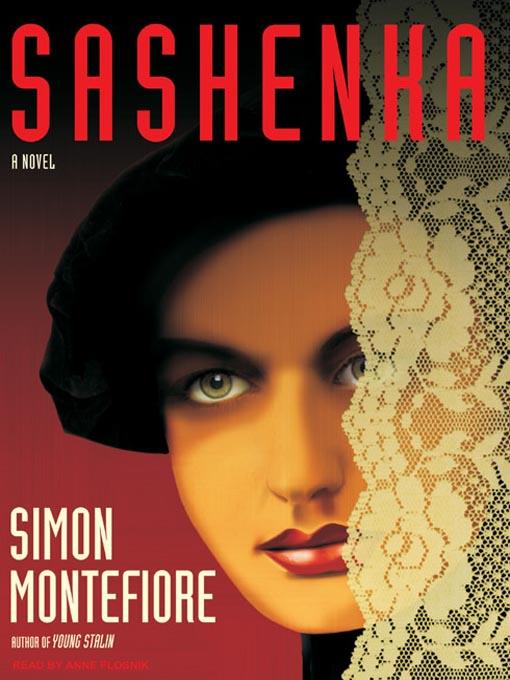
Sashenka
A Novel
فرمت کتاب
audiobook
تاریخ انتشار
2008
نویسنده
Anne Flosnikناشر
Tantor Media, Inc.شابک
9781400180073
کتاب های مرتبط
- اطلاعات
- نقد و بررسی
- دیدگاه کاربران
نقد و بررسی

Beautiful teenaged Sashenka joins the Marxist underground in tzarist St. Petersburg. A true believer, she survives the revolution and even the terror that follows, enjoying a privileged life with her party-leader husband--until the Stalinist tiger turns on her, as it did on so many. Montefiore uses his knowledge of the Soviet period to shattering effect when, 50 years later, a young researcher navigates the secret archives to learn what happened to Sashenka, her husband, and her children. Anne Flosnik is a fine actor who could have hit this out of the park, but she chooses to render everyone's speech in a stagey faux-Russian accent. Why? These characters were speaking Russian--in Russia. Somehow, the power of the story survives the insult. B.G. (c) AudioFile 2009, Portland, Maine

Starred review from September 15, 2008
Lauded historian Montefiore (Young Stalin
) ventures successfully into fiction with the epic story of Sashenka Zeitlin, a privileged Russian Jew caught up in the romance of the Russian revolution and then destroyed by the Stalinist secret police. The novel’s first section, set in 1916, describes how, under the tutelage of her Bolshevik uncle, Sashenka becomes a naïve, idealistic revolutionary charmed by her role as a courier for the underground and rejecting her own bourgeois background. Skip forward to 1939, when Sashenka and her party apparatchik husband are at the zenith of success until Sashenka’s affair with a disgraced writer leads to arrests and accusations; in vivid scenes of psychological and physical torture, Sashenka is forced to choose between her family, her lover and her cause. But as this section ends, many questions remain, and it is up to historian Katinka Vinsky in 1994 to find the answers to what really happened to Sashenka and her family. Montefiore’s prose is unexciting, but the tale is thick and complex, and the characters’ lives take on a palpable urgency against a wonderfully realized backdrop. Readers with an interest in Russian history will particularly delight in Sashenka’s story.

























دیدگاه کاربران